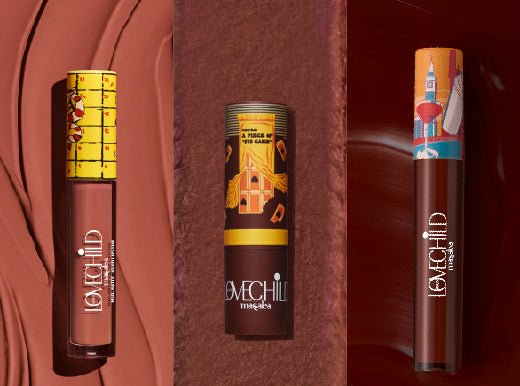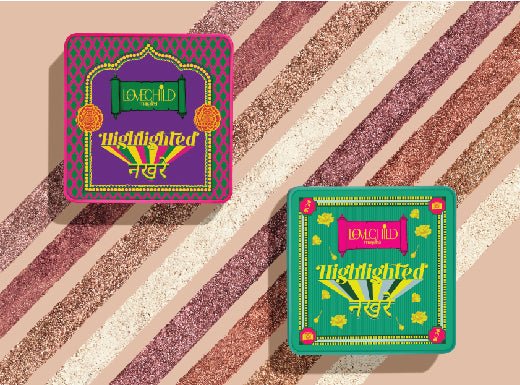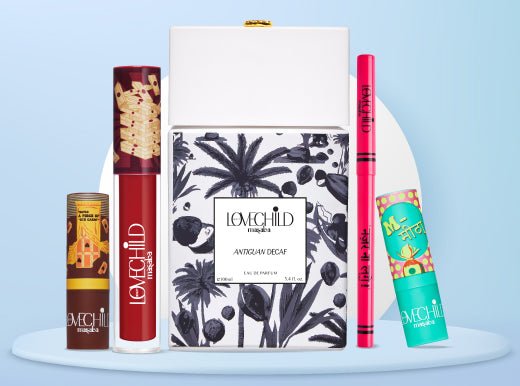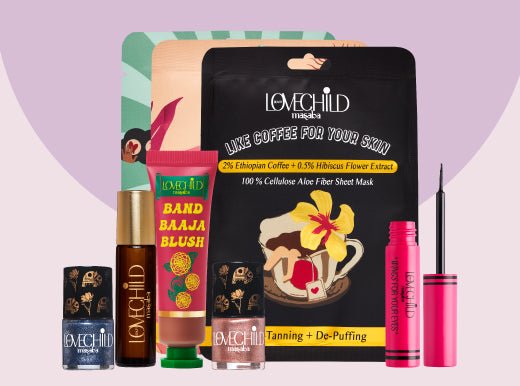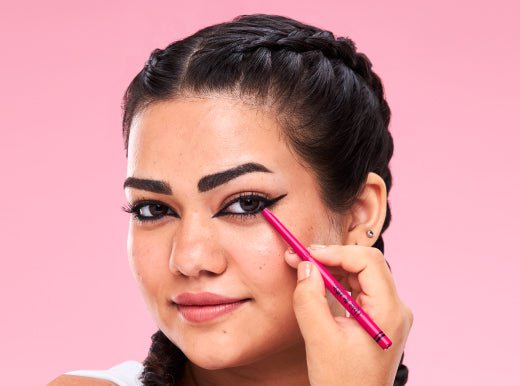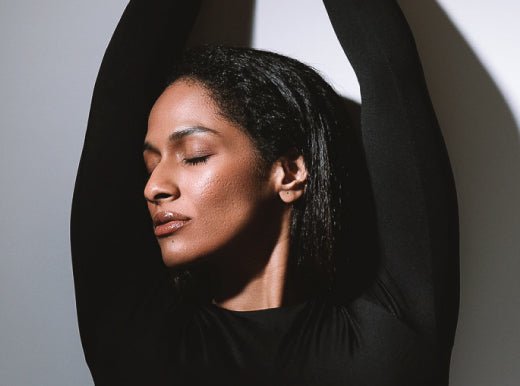We’ve all used various perfumes all our lives. But did you know, there’s a lot of difference between each kind of fragrance bottle? Did you know there are particular fragrance notes that work well with certain body compositions, and with others - it just doesn’t work! Did you know there are fragrance notes that can be paired together based on seasons?

Can you believe it’s all different!?
- Parfum: Contains the most amount of concentration of fragrance (20%-30%) and can easily last for 6 to 8 hours.
- Eau de Parfum (EDP): Generally lasts up to 5 hours, and it’s advisable to use this if you have sensitive skin.
- Eau de Toilette (EDT): Lasts up to 3 hours.
- Eau de Cologne (EDT): Lasts up to 1-2 hours, same as Eau Fraiche that has 1% to 3% of fragrance.

What are top, heart & base notes?
It’s essentially what makes up the final fragrance. Top Notes aka opening or head notes, are what a person recognises in the first go. It’s supposed to be light, and first to fade. Generally, top notes include citrusy flavours, light fruity scents and/or fresh herbs. Heart Notes aka middle notes, make almost 50%-80% of the fragrance. It’s evident before the top notes fade, and tend to stay for the longest period of time. Desired to be pleasant and rounded, frangipani, ylang ylang, and rose, are commonly recognisable heart notes. Base Notes normally blend with the heart notes to provide a depth to the fragrance. This is typically where the aroma dissipates. Most commonly found base notes are vanilla, oak moss, patchouli.

Did you know your body chemistry can affect how the fragrance smells?
Heat, oils, and bacteria on your skin makes a lot of difference on how and in which proportion the fragrance diffuses on your skin, and the way it blends with your natural scent. The only way to clear this doubt is to apply it directly on your skin, and wait for 30 minutes. Sniff to see how it has reacted.

Did you know fragrance notes react differently to each skin type?
Apart from how it smells, some fragrance notes can also have adverse effects on certain kinds of skin. I.E. Citrusy notes can cause irritation or redness for sensitive skin types. It’s advisable to use paraben-free and sulfate-free formulations so that there’s minor or no irritation, like the LoveChild Sweet, Sweet Holidays! range of fragrances. Perfumes generally last longer on oily skin and have an intense effect. If going for woody, muskier fragrances, best to apply a minimal amount. Strong perfumes for dry or dehydrated skin is perfect. Headier floral and aromatic notes work best in this case.

Tips to wear perfume like a pro
- Moisturise your pulse points (neck, shoulder, behind the ears, etc) to prolong the wear-time of the fragrance. Or you can choose to use perfume oils as oils are far less diluted.
- In case you are allergic to certain natural oils or ingredients, look for artificial alternatives that can work the same without causing you any harm.
- Check how the fragrance smells on your body as well, after the tester and, in case you’ve smelt it on someone else.
- You can apply various quantities of fragrance on different pulse points as per how strong you want the scent to smell, on various areas of your body.
- Always wait for a while after applying some to your wrists and décolletage or the sides of the neck to gauge how it performs over time.

 Lips
Lips Face
Face Eyes
Eyes Nails
Nails

 100ML EDP
100ML EDP 50ML EDP
50ML EDP

 Bath & Body
Bath & Body Mothercare
Mothercare

 Sunscreen
Sunscreen Essential Oils
Essential Oils Makeup Remover
Makeup Remover Under Eye Roll On
Under Eye Roll On

 Make Your Own Combo
Make Your Own Combo Value Sets
Value Sets

 Lipstick Shade Finder
Lipstick Shade Finder Serum Tint Shade Finder
Serum Tint Shade Finder Foundation Shade Finder
Foundation Shade Finder Concealer Shade Finder
Concealer Shade Finder BB Cream Shade Finder
BB Cream Shade Finder Compact Shade Finder
Compact Shade Finder

